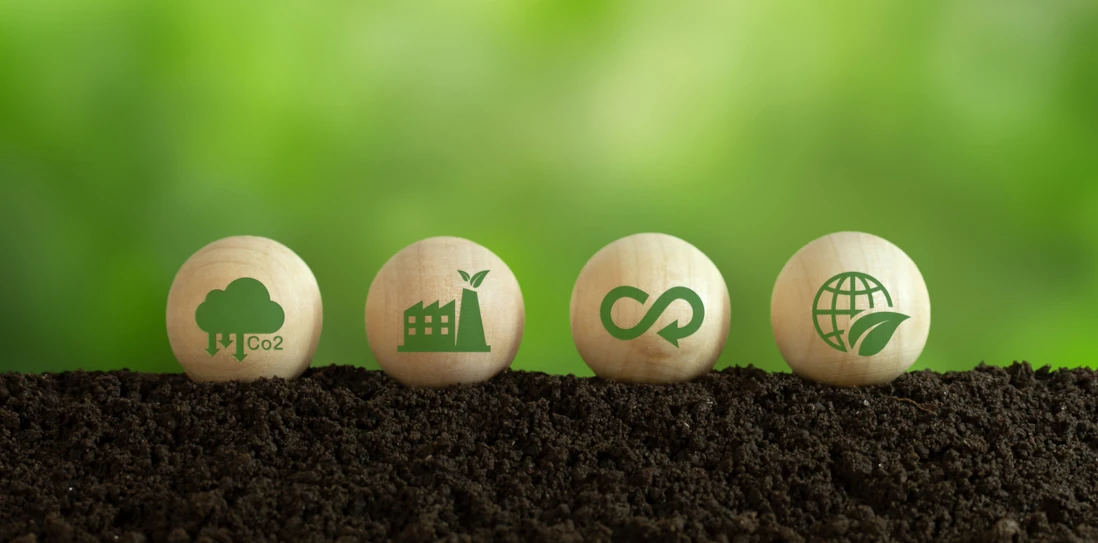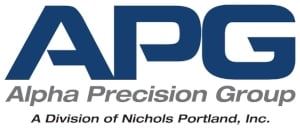
The Environmental Impact of Metal Injection Molding: A Green Perspective
With the pressing urgency of climate change and the increasing awareness of sustainable manufacturing, one technology that stands out for its innovation and environmental stewardship is Metal Injection Molding (MIM).
While MIM is often celebrated for its precision and versatility, its eco-friendly attributes deserve some spotlight too. Here, we journey through the sustainable practices of MIM, uncovering how this impressive technology is doing its part for our planet.
The Sustainability of Metal Injection Molding
Metal injection molding is a testament to the marriage of technological advancement and environmental consciousness. Let’s explore the eco-credentials of MIM:
Energy Efficiency
Metal injection molding is incredibly efficient when compared to traditional metalworking processes. This efficiency is twofold: material utilization and energy consumption.
While older techniques may result in lost material through shavings or offcuts, MIM uses up to 97% of material, translating into waste reduction.
Material Optimization
We’ve talked about waste, but what about the materials themselves?
The MIM process allows for the use of a wide range of metals and alloys. This versatility ensures designers and engineers can select the most environmentally friendly materials without compromising on the functionality of the end product.
Reduced Carbon Footprint
A common misconception about MIM is that it has a high carbon footprint.
In reality, the precision of the MIM process can lead to a reduction in the number of manufacturing steps required, which means fewer machines, less energy, and ultimately, a smaller carbon footprint.
Recycling Opportunities
Here’s a fun fact: Did you know that most materials used in the MIM process can be recycled?
The industry is continuously looking into ways to recycle feedstock and other resources. Not only does this cut down on costs, but it also means fewer raw materials are being extracted from the Earth.
Cleaner Production Methods
The traditional metalworking industry is often associated with harmful emissions.
A more modern approach, metal injection molding comes with more sophisticated and cleaner production methods. Many MIM plants now use advanced filtration systems that help significantly reduce harmful emissions.
Supporting Sustainable Supply Chains
Metal injection molding’s sustainability benefits also extend to the broader supply chain.
Efficient manufacturing processes and fewer wasted materials can lead to a reduction in the need for transporting raw materials and waste products.
MIM: Merging Innovation & Sustainability
The MIM industry, with its combination of precision, efficiency, and sustainability, showcases how industries can evolve to meet both market and environmental demands.
As technology progresses and the importance of sustainability grows, we can expect even more exciting and eco-friendly developments from this sector.
